Moral Dilemmas in The Mahabharata
There is something rather special about the role of epic literature in Indian life. Is it the antiquity of the text that holds people in 129 thrall or is it not rather the characters, many of whom are un-doubtedly of archetypal stature? The situations in which an Agamemnon, a Jephtha or a Brutus found themselves do not 143 seem to have gripped the imagination in the way in which the fate of a sita, a Draupadi or a Yudhisthira haunts us. Are such epic heroes and heroines role models for everyday life? Is there a something universal about the dilemmas in which they found themselves? These questions are worth discussing. We also need to explore the whole question of the relation between the mythopoeia and the moral in the context of the Mahabharata. Here we have a story of extreme complexity, characters that are unforgettable, and a cosmic context in which gods and men alike grapple with destiny. The obligations of kinship and friend-ship jostle with each other. The women characters, as in everyday life, seem to bear a very heavy load of the burden of life and to stand in a key position in almost every conflict. We are presented with -predicaments -at every turn. At times these predicaments seem to be aggravated by social structure. At other times they are cushioned by it. At all events it may be proper to ask to what extent modern man living in the midst of a different set of social institutions can respond to all this. If he can so respond, it looks as if moral issues can be discussed apart from the context in which they arise. This would be a rather startling inference to make. There is an aside. What exactly have audiences in Avignon, Glasgow and elsewhere responded to as they watched Peter Brook's dramatic presentation of the Mahabharata? An experimental piece of stagecraft, another piece of exotica, or what? Philosophical tangles tied up with karma and dharma is interwoven with the mythopoeia material. Perhaps philosophical issues are pin-pointed rather more than they are in Greek epic literature. This could be debated by those concerned with comparative literature and comparative philosophy. How do the events described in the Mahandrata compare with accounts of, say, the Trojan Wars, or with the story of the tribulations of Job? How much does history-city matter when we compare narratives. In the Mahabharata, we find a portrayal of bondage and also a transfiguration of bondage. The realism of it all lies in its re-cognition that suffering continues. There is no end to it. The heroes fear neither life nor death. Their ethos is a tough-minded one. We see men, women, kings, and beggars, even gods, experiencing sorrow, hardship and disaster. Even in battle the winner has a hollow victory. The society portrayed in the epic much resembles what we find in the Iliad, with the gods of Greece rather more prone to interfere than those of the Indian pantheon. In her book on the Mahabharata, Amravati Carve, the anthropologist, writes and I quote: All human efforts are fruitless, all human life ends in frustration; was the Mahabharata written to drive home this lesson? Human toil. expectations, hates, hardships-all seem puny and without substance, like withered leaves eddying in the summer wind. But isn't it the case that neither philosophers, nor dramatists kept up this view? Bharata, the first dramatic theorist, laid down the rule that a play must not end tragically; and extraordinarily enough, if we think of what some philosophers think it their business to do today (verbal traps having been substituted for cosmic ones), a large proportion of classical Indian philosophers assumed it was their job to show man the way out of bondage. If it were not for the GUI", would the message of the Mahabharata be closer to that of the Stoics than to that of classical Indian philosophers. In any case, we are led back to the theme of moral dilemmas time and again. The papers in this volume deal with this theme from the perspectives of both Indian philosophy and literature, inviting the reader to ponder afresh on a very important part of our common heritage.
Get it now and save 10%
BECOME A MEMBER

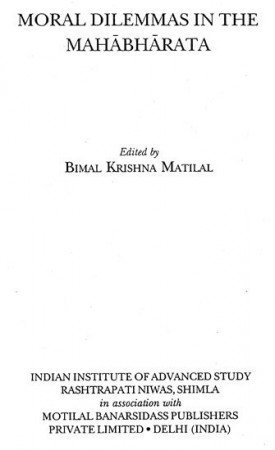
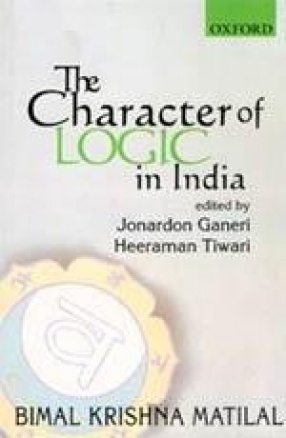
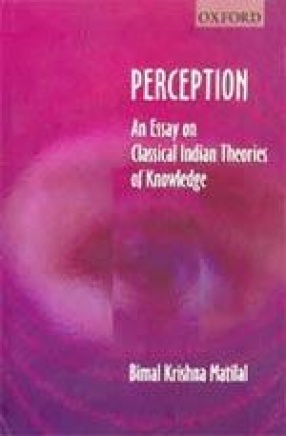


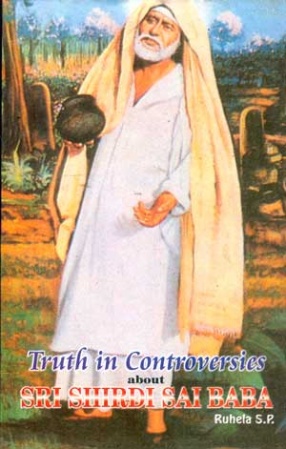


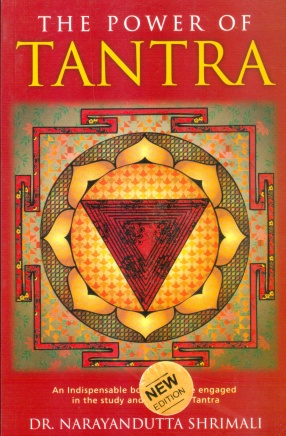

Bibliographic information